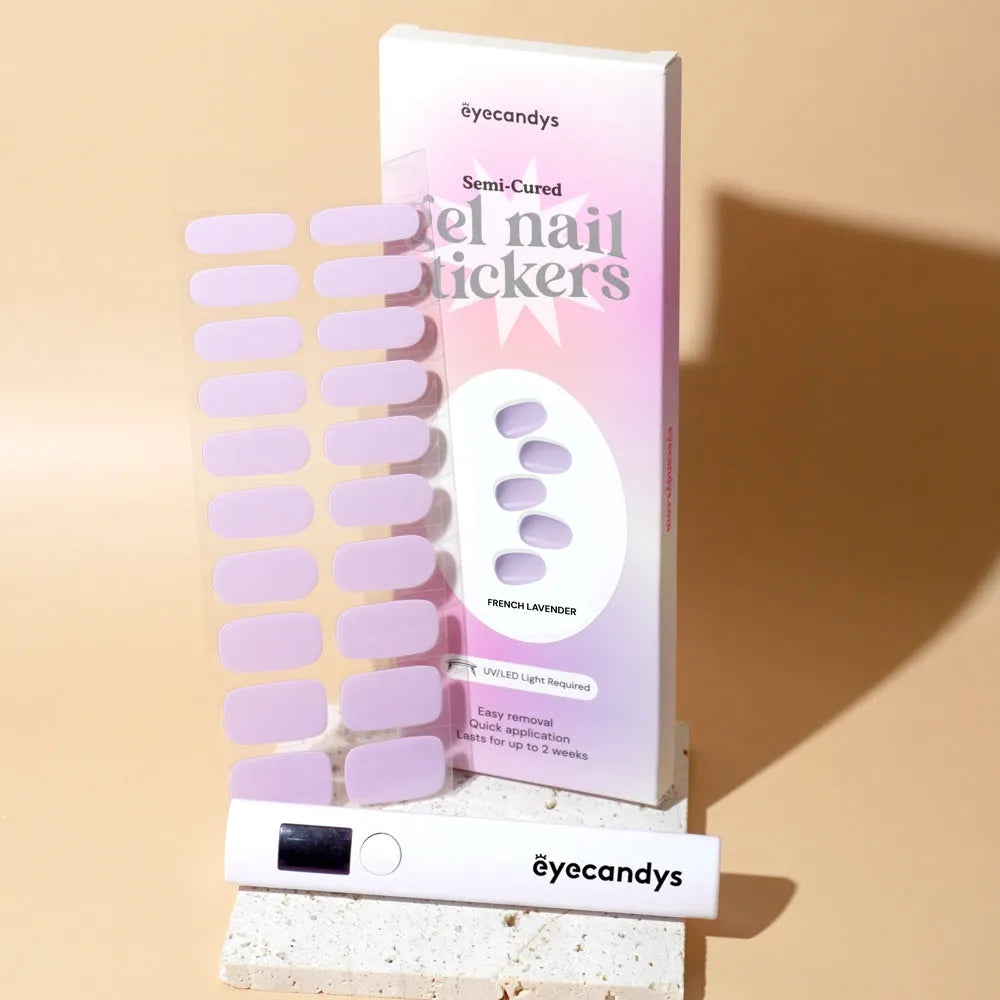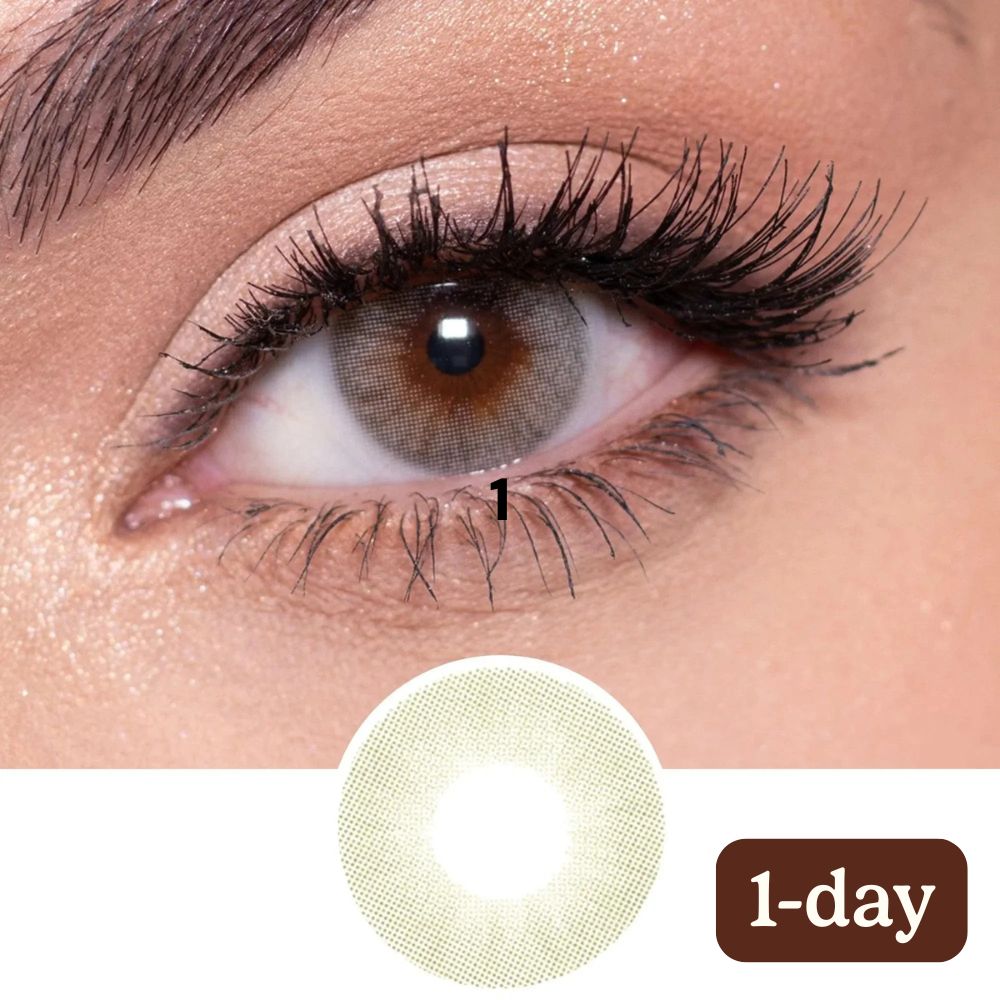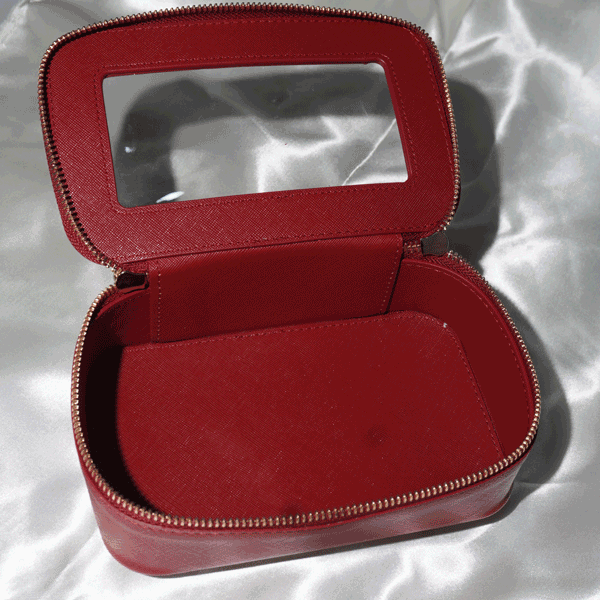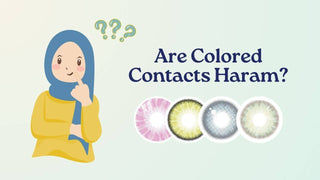Colored contacts have gained immense popularity in recent years, with people using them to enhance their appearance and experiment with different eye colors. However, for those who follow the Islamic faith, the question arises whether colored contacts are permissible or haram. In this article, we will delve into the concept of halal and haram in Islam and explore the Quranic perspective, hadiths, and the views of Islamic scholars on altering one's natural eye color.
Understanding the Concept of Halal and Haram in Islam
In Islam, the terms halal and haram refer to what is permissible and forbidden, respectively. These concepts are deeply rooted in Islamic teachings and hold great significance for Muslims. Following halal and avoiding haram is not only a religious obligation but also a way of life for Muslims. It encompasses various aspects, including food, clothing, behavior, and even altering one's appearance.
The Quranic Perspective on Altering One's Appearance
The Quran provides guidance on various aspects of life, including altering one's appearance. While there is no specific mention of colored contacts in the Quran, there are verses that touch upon the broader concept of altering one's natural state. Islamic scholars interpret these verses differently, leading to varying opinions on whether colored contacts fall under the category of altering one's appearance.
The Hadiths on Changing One's Natural Eye Color
Hadiths are the sayings and actions of Prophet Muhammad (peace be upon him) that provide further guidance for Muslims. Some hadiths touch upon the topic of changing one's natural eye color. These hadiths are analyzed by Islamic scholars to determine their relevance to the use of colored contacts.
The Importance of Intention in Islamic Practices
Intention plays a crucial role in Islamic practices. It is believed that the intention behind an action determines its moral value. When it comes to using colored contacts, the intention behind the use becomes significant. If the intention is to deceive or mislead others, it may be considered haram. However, if the intention is purely for personal enjoyment or to enhance one's appearance within the boundaries of Islam, it may be seen as permissible.
The Debate on Colored Contacts among Islamic Scholars
Islamic scholars have engaged in a debate regarding the permissibility of colored contacts. Some argue that altering one's natural eye color is against the principles of Islam, as it goes against the natural order created by Allah. Others believe that as long as the intention is pure and it does not cause harm, using colored contacts can be considered permissible.
The Views of Different Islamic Schools of Thought on Colored Contacts
Different Islamic schools of thought have varying opinions on the use of colored contacts. Some schools lean towards a more conservative approach, considering them haram due to the alteration of one's natural state. Others take a more lenient stance, allowing their use as long as they do not lead to deception or harm.
The Impact of Colored Contacts on One's Physical and Mental Health
While the debate on the permissibility of colored contacts continues, it is essential to consider their potential impact on one's physical and mental health. Some studies suggest that prolonged use of colored contacts can lead to eye infections, corneal damage, and discomfort. From an Islamic perspective, taking care of one's body is a religious obligation, and any practice that poses a risk to one's health may be discouraged.
Alternatives to Colored Contacts for Enhancing One's Appearance in Islam
For those who are hesitant about using colored contacts due to religious concerns, there are alternative ways to enhance one's appearance within the boundaries of Islam. These alternatives include using natural remedies, such as honey or olive oil, to enhance eye color temporarily, or focusing on other aspects of personal grooming and presentation that are permissible in Islam.
Making Informed Decisions Based on Islamic Teachings
In conclusion, the permissibility of colored contacts in Islam is a topic of debate among scholars. While there are varying opinions, it is crucial for individuals to make informed decisions based on their understanding of Islamic teachings. Considering the Quranic perspective, hadiths, the importance of intention, and the potential impact on health, individuals can navigate this issue while staying true to their faith. Ultimately, it is essential to seek knowledge, consult with scholars, and make choices that align with one's personal beliefs and values.
FAQs
What are colored contacts?
Colored contacts are contact lenses that are designed to change the color of the eyes. They are available in a variety of colors and can be used for cosmetic purposes.
What does Haram mean?
Haram is an Arabic term that means forbidden or prohibited. In Islamic law, certain actions or behaviors are considered haram and are not allowed.
Are colored contacts haram?
There is no clear answer to this question as it depends on the interpretation of Islamic law. Some scholars believe that colored contacts are haram because they alter the natural appearance of the eyes, while others believe that they are permissible as long as they are not used to deceive others.
What does the Quran say about colored contacts?
The Quran does not specifically mention colored contacts, but it does emphasize the importance of modesty and avoiding actions that may lead to deception or dishonesty.
What do the Hadith say about colored contacts?
There are no specific Hadith that mention colored contacts, but there are general teachings about the importance of honesty and avoiding actions that may lead to deception.
What should Muslims consider when deciding whether to wear colored contacts?
Muslims should consider their intentions for wearing colored contacts and whether they are using them to deceive others or to enhance their natural appearance. They should also consult with a knowledgeable Islamic scholar to determine whether wearing colored contacts is permissible in their interpretation of Islamic law.







